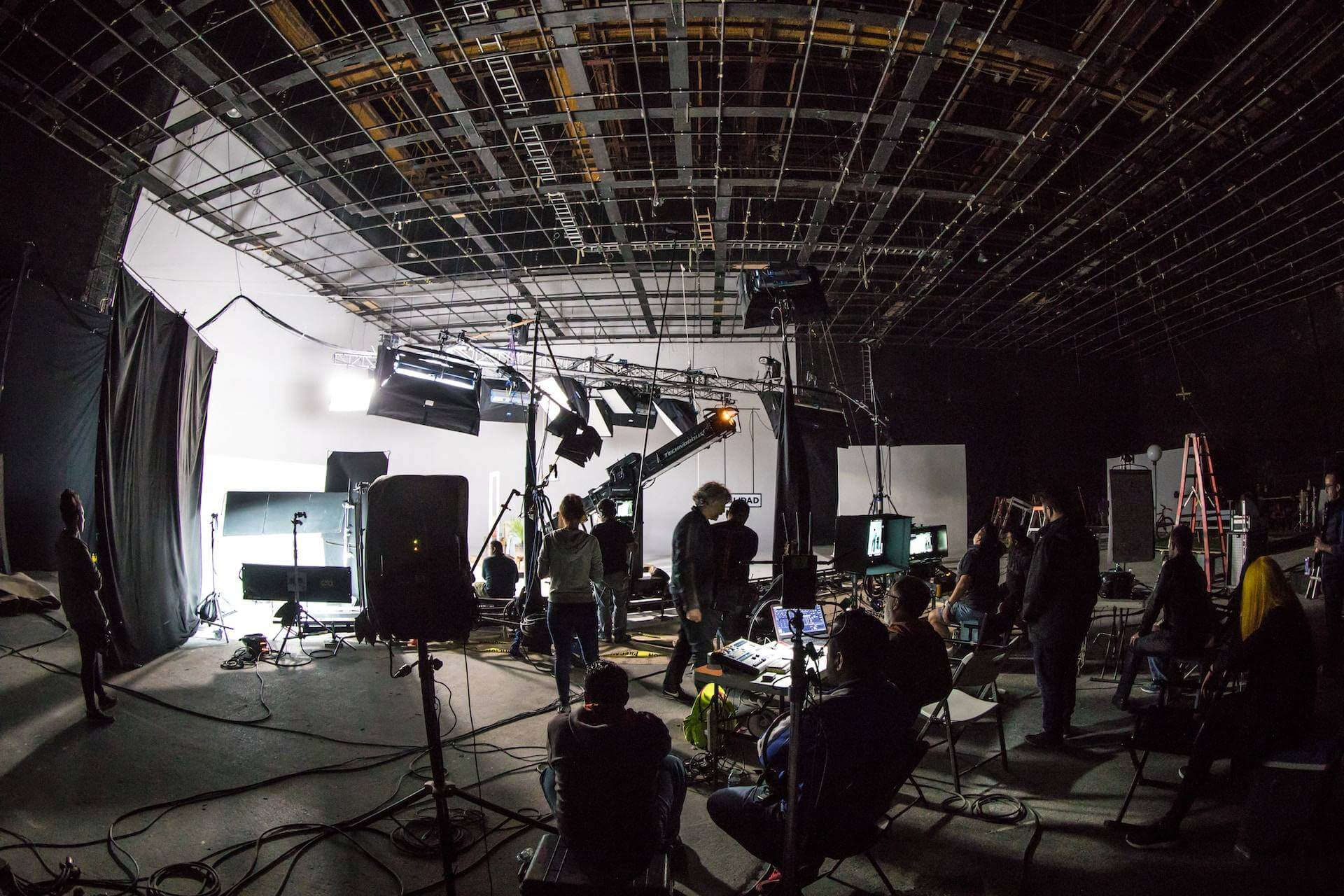The initial couple of pages of your screenplay are important. Most executives, or Readers (individuals who need to end up executives) will just give you around 10 pages to get them intrigued. That is the reason your screenplay must have an extraordinary start. Here is probably the best, tried and true scriptwriting tips to start your story. The secret to making this opening work isn’t to give it a chance to get boring. Rapidly give us motivation to root for the central character. Maybe indicate them as an underdog somehow or present some dispute in their life. It is very well may be identified with the main story or not, but rather rapidly give the reader motivation to mind. These are a couple of the scriptwriting methods to get your film off to an incredible begin. Consider utilizing them when you start your next screenplay or maybe complete a change on a current one to give it a superior start.
THE CRITICAL ELEMENTS OF THE FIRST ACT
This is the thing that your first screenplay, surely, your initial couple of pages must achieve. The first act has a few roles. It builds up who your principle characters are, the setting, the day and age, the subject, mood and the genre. It is in this act that we meet the hero and the antagonist. In a few films we may not meet the antagonist straightforwardly, but rather we are in any event acquainted with them, with indications at a later disclosure, for example, is frequently the situation in mysteries. Despite the fact that we may not see them yet, we are made very much aware of their quality and the negative, in some cases devastating impact they will have on different characters in the story.
The first act should truly get the Hollywood Reader by the throat inside 10 pages or they will quit reading and proceed onward to the next script in their heap. The first act of a screenplay is normally longer than 10 pages, yet that is constantly and space you need to persuade somebody to continue reading. The larger part of scriptwriting educators trust that the first act ought to be around one-fourth of the screenplay. However, numerous first act is a lot shorter. Every single first act end with the inducing episode, which is an occasion that happens that either energizes or powers the hero to take his or her way toward another path. The first act, combined with the affecting episode, sets up the focal inquiry of the story: what does your hero need to do, be or have and what or who stands in their way?
USE ARCHETYPES FOR COMPELLING STORIES
In your scriptwriting endeavours, make certain to make utilization of Archetypes. They are not to be mistaken for stereotypes, which are one-dimensional characters we’ve seen in an excessive number of films. Archetypes speak to components of our identities on a profound dimension – the mother, father, artist, teacher, ruler, and so forth. They’ve showed up in incalculable stories for a large number of years. They reach us on a subconscious dimension, which is maybe why they have persisted and still have the ability to touch our feelings. The archetypes can be the skeleton whereupon you fabricate a completely fleshed three-dimensional character. Maintain a strategic distance from the compulsion to transform an archetype into a stereotype by giving them just a single, extremely self-evident, trademark. For instance, the mentor is frequently depicted as a wiser, more established individual, for example, Gandolf, in The Lord of the Rings trilogy.
Be that as it may, a mentor archetype can likewise be a more established relatives in your scriptwriting who shows a sibling or sister how to tie their shoes, a supervisor at work, a superior officer in the police division or military, a young man on a tropical island who shows the newcomer where to locate the best natural product trees in the wilderness or the traditions of his kin, etc. You can make your archetypal character more extravagant by blending identity qualities that can appear to be in opposition to their primary job in your story or the general public they live in. Shakespeare regularly utilized a Fool character for social or verifiable discourse, making them wiser, on that dimension, than the characters who trust themselves more brilliant than the Fool.
The Wise Old Man or Woman archetype could have an extraordinary comical inclination and tell off colour jokes. Maybe the person in question could be a handy joker, administering sage advice with some detonating cigars. In scriptwriting for significantly more noteworthy profundity and increased alternatives in recounting your story, you could blend and match archetypes.
AVOID THESE NOVICE MISTAKES
Scriptwriting is immensely different in relation to composing a novel or genuine story book. It is an alternate medium and should be treated in that capacity. It is a troublesome form that even couple of creators can master. In view of this, here are a couple of normal errors of new screenwriters:
STARTING TOO LATE
Books can and frequently do start at a comfortable pace, with scene portrayals, character foundations, and so on, but since screenplays for the most part run a greatest of 120 pages, a lot of its void area – a screenplay needs to move faster.
UNNECESSARY DESCRIPTION
Screenplay portrayal is moderate, sufficiently only to tell the reader where we are and a general tone of the place. Surrender the rest over to the director or art directors.
FORMAT
In scriptwriting there is a strict format. The principal thing a producer or Reader (whose activity it is to read scripts for their managers) does is check the format. In the event that it’s wrong, even a bit, they discard the script without further consideration.
LENGTH
Film scripts are generally 90 – 120 pages, however near 100 is normally favoured. The reason is that one page of a screenplay is considered to convert into one moment of screen time. Industry executives will commonly not read a script that is of inappropriate length.
TOO MUCH DIALOGUE
One major amateur mistake is to compose page after page of dialogue. Films are fundamentally a visual medium. There ought to be a decent equalization of dialogue and physical action, favouring action. Action does not really mean firearm battles and vehicle pursues. It implies the characters are accomplishing something.
CONCLUSION
One major mistake in scriptwriting is to have characters disclose to us what we just saw on the screen. For instance, on the off chance that we are watching a track and field competition meet and John crosses the finish line first, it is pointless and exhausting to have a character say “John won the race.”




